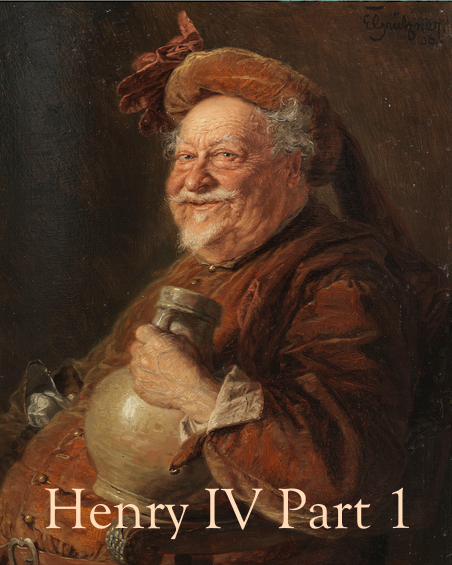|
How to alienate youngsters from their literary heritage in one easy lesson: force one of the classics on them, treat it with utmost reverence, and oblige them to respond with prerequisite, prepared answers to predictable questions in order to pass an exam (in my case, an O-level).
Educationalists call this “introducing young people to great literature,” but it’s not: it’s force-feeding. The centuries-old idiom is obscure and inaccessible and the experience is akin to introducing teenagers to foreign food that their stomachs have never encountered before, but instead of a tasting session, they have to make their way through the entire indigestible meal. Because it was by “The Bard,” the text could only be approached with a kind of grovelling appreciation of his Genius and elevated Poetry, of which we gleaned nowt. An approach guaranteed to bore the pants off anyone, at any age. When students know that getting the grade is all that matters (plus ça change) and think that the work is only on the curriculum out of veneration for “high brow” literature, they simply turn off. In any case, the drama might have been of contemporary interest to 16th century audiences, but to 1970s schoolboys it was an imposed ordeal. The historical figures meant nothing to us, the outcome of the intrigues and battles likewise and, aside from Falstaff’s buffoonery, it fell on deaf ears. With no profoundly personal struggle and conflict to drive the plot, not even Shakespeare shows much excitement. There is no inducement to reach into his psychic treasury and none of the lyricism or emotional engagement of the tragedies or even the comedies. You have to give adolescents material that they can relate to, or else teach it in a way that is real to them, which is easier said than done, because at that age we weren’t ever going to be receptive to a play in archaic language that seemed stilted and unnatural. The solution? Don’t make it compulsory: make it available. As it was, it put me off old Will, which is a shame as he was a local lad (I lived twenty minutes down the Stratford Road) made good, and it took me for ages to overcome my disinclination and discover the cracking ones.
0 Comments
Leave a Reply. |
Blogging good books
Archives
July 2024
Categories |

 RSS Feed
RSS Feed
